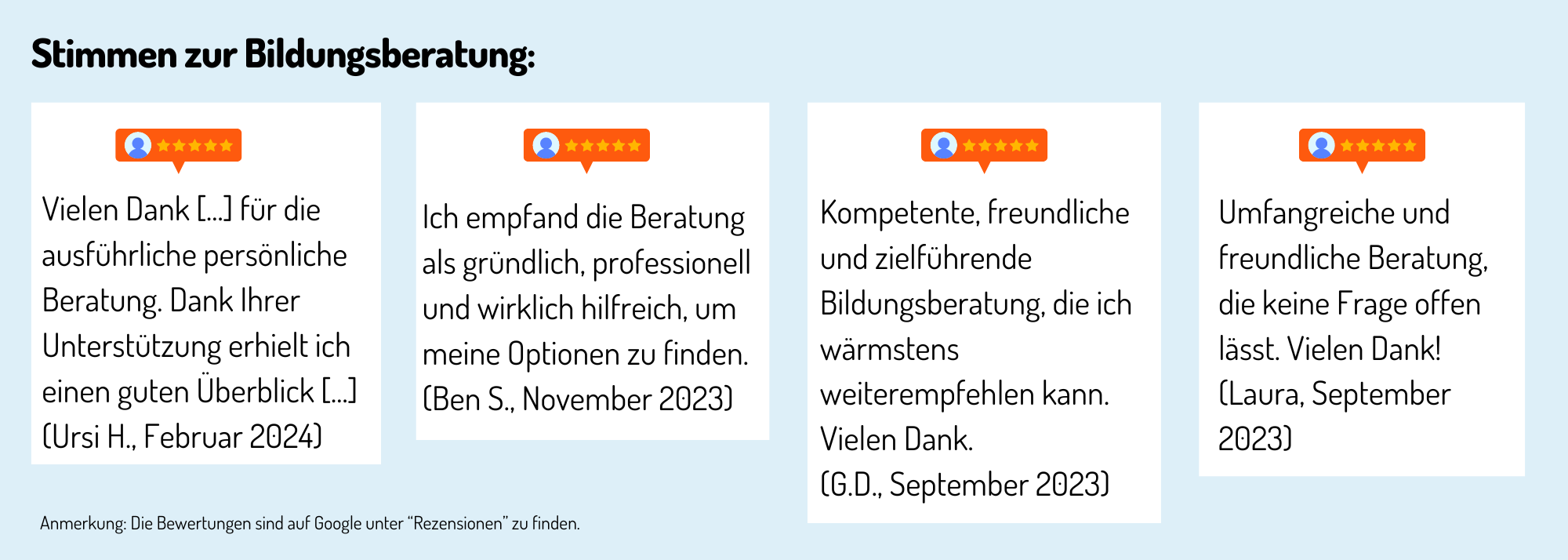Geoinformation technology: studies, training Overview of offers and providers
Are you looking for a degree course in geoinformation technology? - Here you will find suitable schools as well as further information, tips and resources for further education.
Would you like personal advice? Contact the provider of your choice via the "Free information on the topic..." button - without obligation, quickly and easily.
Tipps und Entscheidungshilfen für die Ausbildungswahl
Have you successfully completed your bachelor's degree in geomatics, computer science, cartography or environmental sciences and are you still highly motivated to continue your education? Are you interested in geoinformation and spatial phenomena? Then specialize in geomatics and geoinformation with the Master's degree course in Geoinformation Technology and work with state-of-the-art measurement and information collection technologies in the future. During the three-semester full-time course or the slightly longer part-time course, you will be trained to become an expert engineer who deals competently with the acquisition, processing, evaluation and analysis of spatial phenomena and geoinformation.
Your career prospects as a specialist in the field of geoinformation technology are varied and challenging. You can apply your know-how and expert knowledge in areas such as archaeology, logistics, security or research and use your knowledge in a success-oriented manner. Pursue your professional career and complete the scientifically sound and practice-oriented Master's degree course in Geoinformation Technology.
Questions and answers
Erfahrungen, Bewertungen und Meinungen zur Ausbildung / Weiterbildung
Haven't found the right training or further education yet? Benefit from educational advice now!
Further training is not only important in order to maintain or increase professional attractiveness, investing in training or further training is still the most efficient way to increase the chances of a pay rise.
The Swiss education system offers a wide range of individual training and further education opportunities - depending on your personal level of education, professional experience and educational goals.
Choosing the right educational offer is not easy for many prospective students.
Which training and further education is the right one for my path?
Our education advisory team will guide you through the "education jungle", providing specific input and relevant background information to help you choose the right offer.
Your advantages:
You will receive
- Suggestions for suitable courses, seminars or training programs based on the information you provide in the questionnaire
- An overview of the different levels and types of education
- Information about the Swiss education system
We offer our educational counseling in the following languages on request: French, Italian, English
Register now and concretize your training plans.




